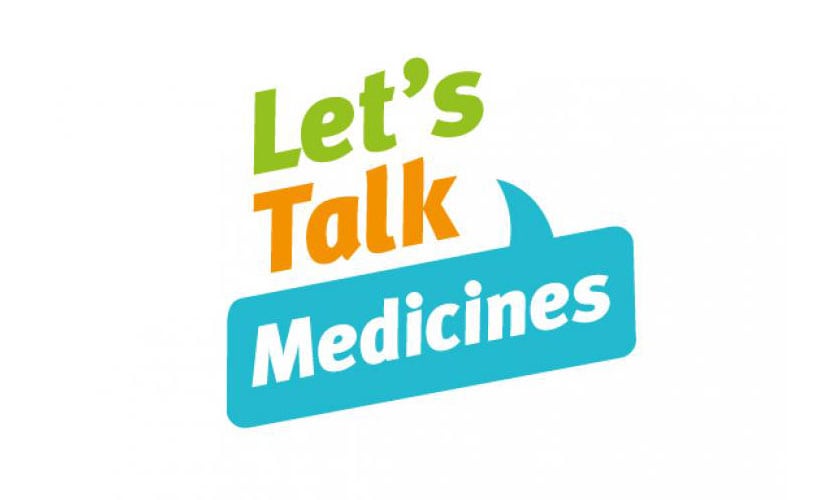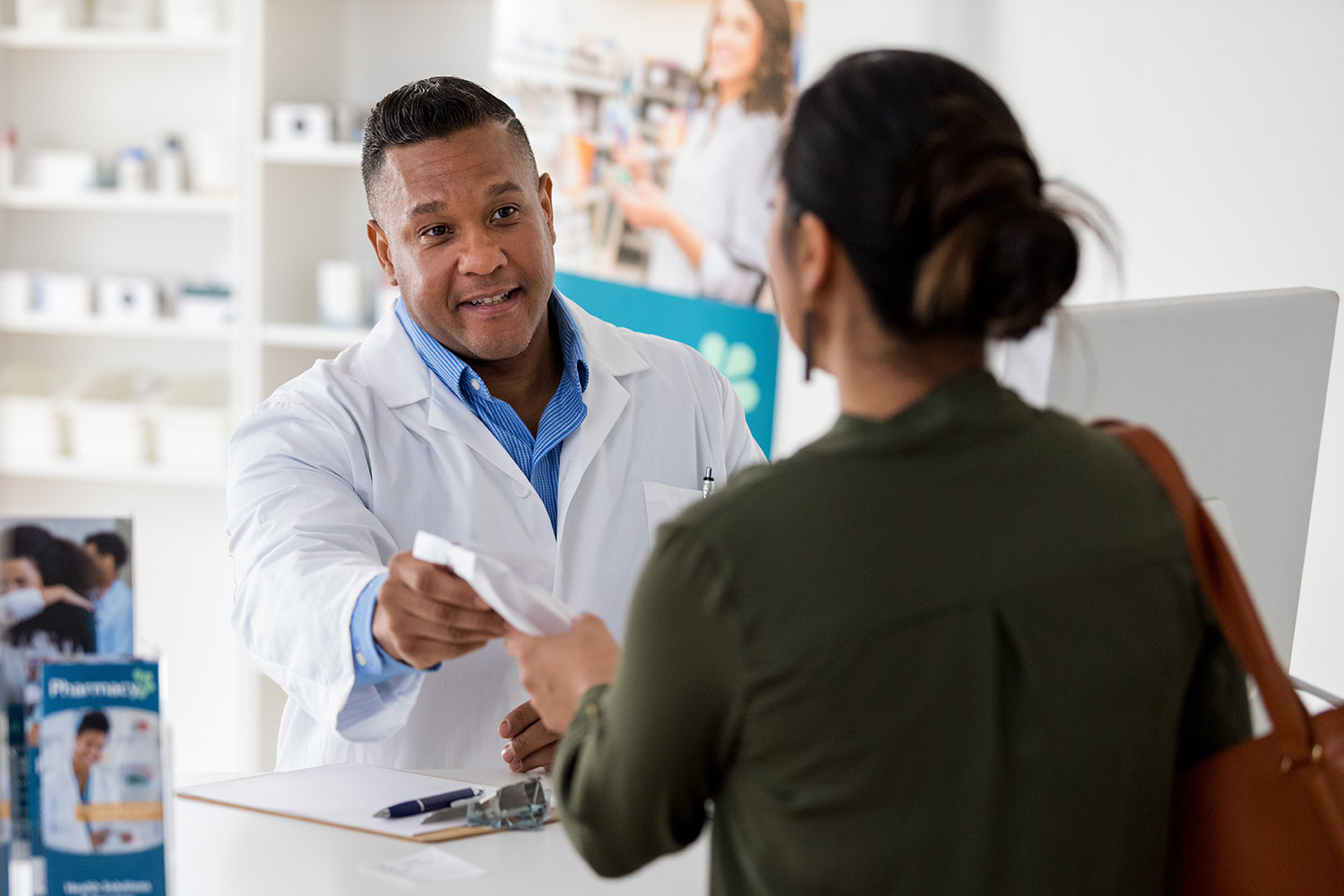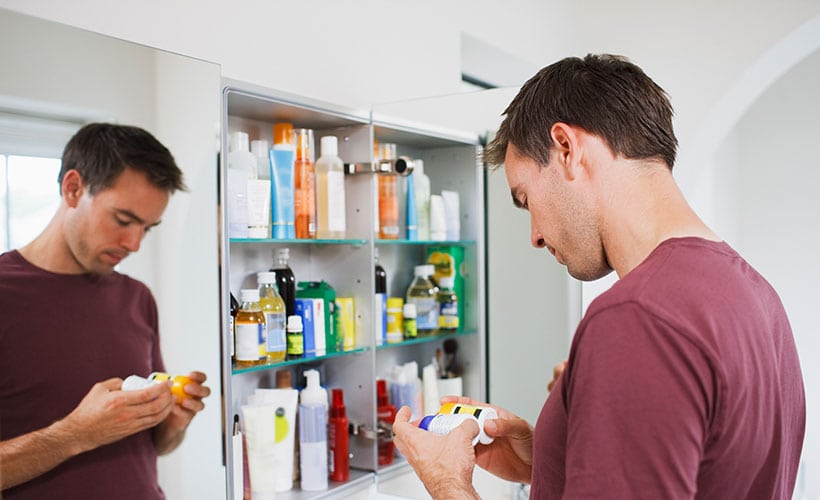Pharmacists across New Zealand are raising awareness of medicine safety this month. It’s all part of National Patient Safety Week which is being held from Sunday 5 November to Saturday 11 November 2017.
Patient Safety Week is about promoting safety with medicines. The overall goal of the campaign is to reduce the harm that occurs when people take the right medicine the wrong way or they take the wrong medicine.
Medicines play an important role in maintaining health. They may be used to relieve symptoms, reduce the severity of an illness or to prevent or reduce the risk of developing a condition.
All medicines need to be used correctly so they can be effective and safe. If used incorrectly or unwisely, there is a risk that a medicine will not be effective and will cause unwanted or dangerous effects, even harm. 
The theme of Patient Safety Week is about improving communication about medicines between health professionals and consumers.
The key message is “Let’s Talk Medicines”. And specifically it’s about encouraging people to ask three key questions:
- What is my medicine called?
- What is it for?
- When and how should I take it?
Pharmacists are well placed to have these conversations when you visit them to collect your medicines. Making sure a medicine is right for you and that you know how to take it safely is something they do every day.
As part of this year’s campaign, during Patient Safety Week pharmacists will be using special paper bags that are printed with the three questions above designed to get you and your pharmacist talking.
The three main questions are considered as a starting point. It’s hoped that talking about these with a health professional will lead to wider conversations, encouraging people to ask more questions about their medicines.
Other questions to ask about your medicines are:
- How long do I need to take this medicine for?
– Is the medicine for a short time or is it expected to be for life?
– If I feel better, can I just stop taking it?
– Do I need to gradually reduce the dose or do I just stop?
- What do I do if I miss a dose?
- What side effects might occur?
- Does the medicine interact with medicines that I’m already taking?
- Can I drink alcohol or drive a car while taking this medicine?
- Do I need any regular monitoring or tests (e.g. blood tests) while on this medicine?
- How and where should I store this medicine?
With medicines, what’s right for one person is not necessarily right for another. Decisions about taking medicines need to be made for an individual taking into account their unique and overall health status. Things to consider include what illness they have or have had, their age, other medicines they may take including vitamins, minerals and supplements that can be bought without a doctor’s prescription.
Taking the right dose of a medicine is important too. It’s difficult to compare the strength of one medicine to another. The effective dose of one medicine might be 5mg while for another medicine it might be 0.5mg. I’ve heard of situations where people have thought the dose prescribed was too high for them so they only took half the dose or where they took a higher dose so they didn’t have to take it as often. Changing the dose of a medicine from what your doctor prescribed is unwise – taking a different dose might mean a medicine is not effective or it could be harmful.
Results of a study released earlier this year showed that out of every 100 patients admitted to New Zealand hospitals, more than 30 were because of harm from medicines.
Knowing more about the medicines you take and following the simple safety tips below could help to reduce some of these problems.
- Read and follow the directions on the label.
- Take only medicines that have been recommended or prescribed for you. Do not take other people’s medicines or medicines that have not been prescribed for you recently, even if you have the same condition now.
- Tell your doctor or pharmacist about any herbal/natural health products or alternative therapies you take because these may affect your medicines.
- Keep medicines out of reach of children.
- Always keep medicines in the original containers.
- Store medicines in a cool dry place, unless instructed otherwise.
- Check expiry dates and don’t take medicines that are past their use by date.
- Dispose of unwanted medicines regularly and safely.
So if you are visiting your pharmacy during Patient Safety Week, talk about your medicines with your pharmacist. And my advice is don’t limit these conversations to this week. Any time you have questions about your medicines, start by asking your pharmacist. If they consider it’s something you need to talk to your doctor about, rest assured they’ll tell you.
Written by: Jenny Cade
This blog provides general information and discussion about medicine, health and related subjects. The information contained in the blog and in any linked materials, are not intended nor implied to be a substitute for professional medical advice.
Save
Save

















Community